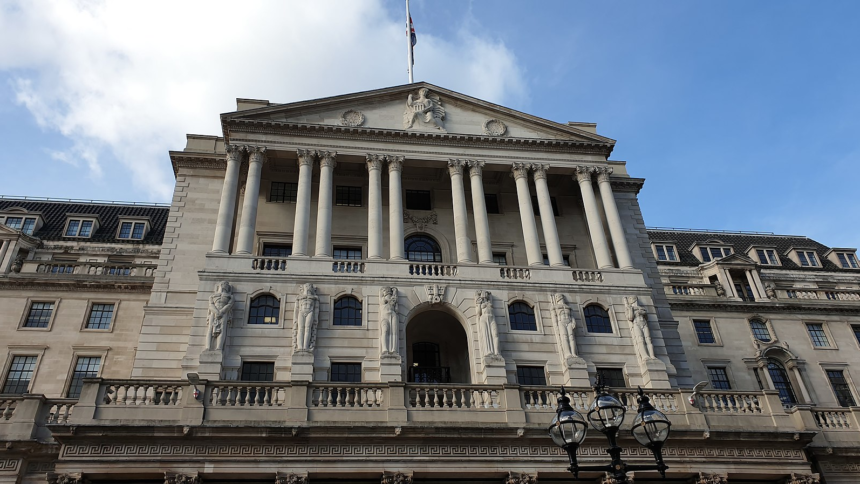Consider the following thought experiment: The government imposes a tax of $1,000 on all bankers. On the same day, the government approves a new spending program: a subsidy of $1,000 to all bankers. What should we think of this composite policy? To me, it is trivial.
Economists used to view reserve requirements as an implicit tax on banks because in the past, no interest was paid on banks’ reserves, and therefore the opportunity cost of holding reserves was high.
Currently, we do not have a reserve requirement, but we do pay interest on reserves (IOR). This was done because policymakers wanted to move to a “floor system”, where banks choose to hold large amounts of reserves. The IOR allows central banks to inject large amounts of reserves into the system without lowering interest rates to zero. You can think of large reserve holdings as a tax on banks, and the IOR as an offsetting subsidy.
Article by Chris Giles FT He has proposed that the Bank of England move to a system that keeps taxes high but eliminates subsidies.
The central bank pays 5.25% into reserves so that it can set the short-term policy rate at that level, and while this is effective, it is not the only way to control short-term interest rates.
Alternatively, it could require banks to hold a certain amount of funds interest-free and pay 5.25% interest on only a small portion of their reserves.
I don’t like the idea of paying interest on reserves, but I also oppose reserve requirements.
Let’s go back to the thought experiment at the beginning of this article. Suppose the government suddenly eliminated the $1,000 subsidy to bankers, but left the $1,000 tax intact. How should we think about this change? Technically it involves a reduction in government spending. But we go from having no net flows of money to or from bankers to having only a $1,000 tax on bankers. This seems like a tax increase.
Giles sees things differently.
One difficulty is that the Governor of the Bank of England, Andrew Bailey, still needs to be persuaded. In 2021, he said the policy would be a tax on banks. The truth is that it would reduce public spending.
“The truth” is that truth is an elusive concept, especially when the term is loosely defined. I understand Giles’s point, but I think Bailey’s portrayal is closer to how I see it. It would essentially force banks to lend huge amounts of money to the UK government at zero percent interest. It would be like imposing a tax on banks.








